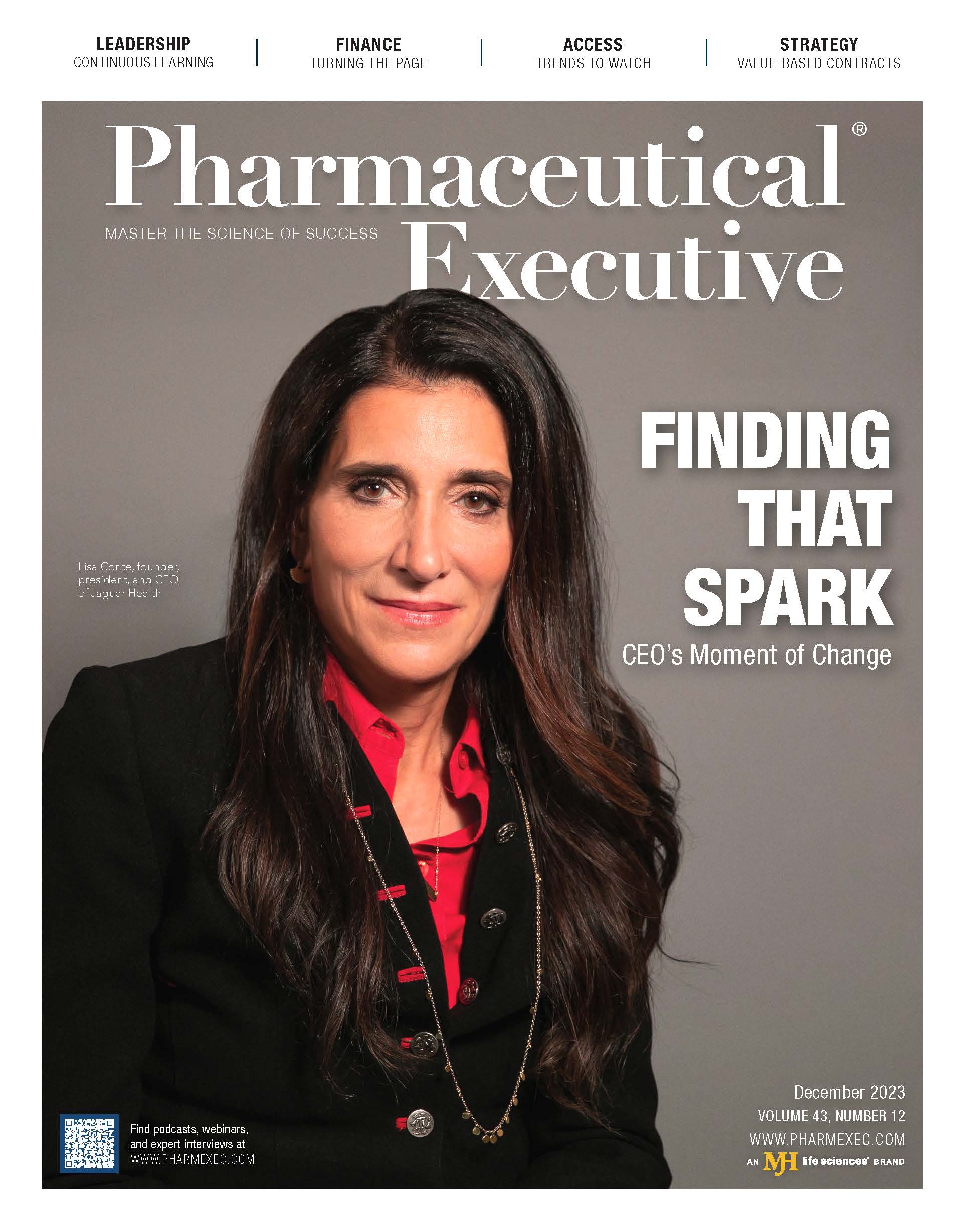- Sustainability
- DE&I
- Pandemic
- Finance
- Legal
- Technology
- Regulatory
- Global
- Pricing
- Strategy
- R&D/Clinical Trials
- Opinion
- Executive Roundtable
- Sales & Marketing
- Executive Profiles
- Leadership
- Market Access
- Patient Engagement
- Supply Chain
- Industry Trends
It’s Always Important to Remember: Leaders Make Mistakes
Continuous learning a vital skill for aspiring and established leaders alike.
Mike Hollan
Assistant managing editor
Pharmacuetical Executive

As part of my job, I regularly speak with CEOs and other leaders in the pharmaceutical industry. I’ve interviewed seasoned leaders who have years, if not decades, under their belts, along with newly promoted leaders who are just stepping into their roles.
The pharmaceutical industry provides an interesting setting for leaders, because unlike other industries, executives often need experience both in a medical field and on the business end. It’s not uncommon for a CEO to discuss how they started off as a doctor or researcher before moving to the business side.
More so than other industries, this can bring about unique challenges for such employees as they try to navigate their careers. Someone interested in moving to a leadership position may not know what next steps to take.
I recently spoke with Mike McCullar, PhD, after he was named the new CEO of RegCell. When it comes to being a leader in the life sciences industry, he says, “You have to take the long view. It’s difficult to anticipate what will happen tomorrow; we always see volatility in trends. It’s cyclical. So, focus on the science, the people, and the long term. If you get overly focused on news and daily trends, it can be exhausting. My personal experience is to take that longer view and focus on the science.”
McCullar believes the people are the most important part of any company. That’s why it’s important, he says, for leaders to build a strong culture and present clear, core values to their employees. According to McCullar, this can lead to higher engagement from employees, which then helps create a culture of persistence and resilience.
In line with the common path mentioned, McCullar discusses how he started his career off as a toxicologist, before his journey quickly took him down other paths.
“I was very lucky because when I was early in my career, all I worked with was other toxicologists for about a year,” he says. “I was always eager to learn new things and be exposed to new ideas. After working as a toxicologist, I worked in regulatory affairs for a few years, which was a great experience. I worked at a company for four years during the early years of cell and gene therapy production. Then I joined another company and helped lead them to the approval of a drug. Along the way, I was always trying to find new experiences and take on new challenges. For me personally, that was probably the No. 1 attribute that helped me along the way.”
According to McCullar, it’s important for leaders to continue to strive to learn new things, even if it’s just something small.
“Either learning a new language [such as Japanese for me], or studying a different type of biology, something always must be there,” he says. “I tell people at our company that are early in their careers that making mistakes is part of learning. They’re often very nervous to make mistakes, but I tell them not to be afraid to take a risk or make a mistake.”
Being a leader is hard because it’s a role that encompasses everything. For people working in the life sciences industry, that means the need to become highly knowledgeable on the medical and science sides along with understanding and guiding the business and operational drivers. For motivated individuals, there is plenty of opportunity to learn.
“What I learned getting a PhD as a toxicologist is that science wasn’t the most important part, it was the ability to learn autonomously,” says McCullar. “That’s how I learned about regulatory affairs, how to put an MBA together, how the FDA works; by my own experiences. That to me is maybe the most important part of my career.”
Moving into a leadership role is a unique experience. In prior roles, workers are generally expected to focus on a specific job. Once they move up the ladder, however, this focus often expands beyond their foundational expertise.
That’s why the people that ascend into leadership positions are often those skilled at adapting to different roles. In the case of McCullar, he started off working on the science side of pharma but embraced opportunities to learn the regulatory side as well. Nobody wants to make mistakes but avoiding them can sometimes mean avoiding learning new things, which can limit career potential. Learning how to handle problems is a great way to gain new experience and open up new opportunities further up the ladder.

